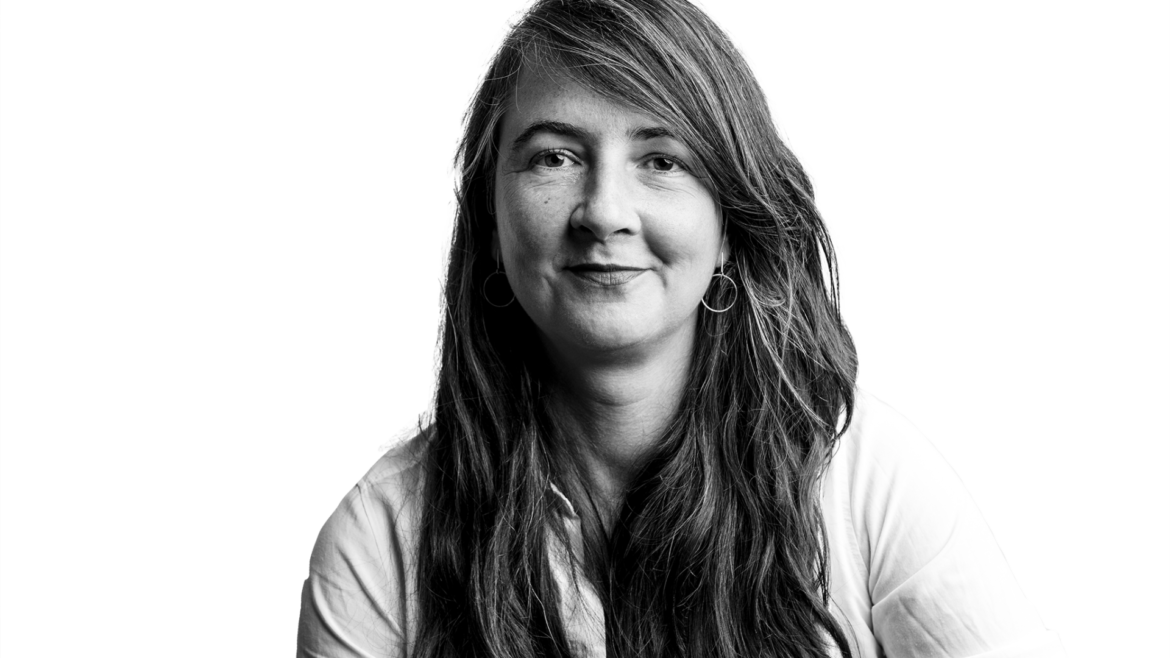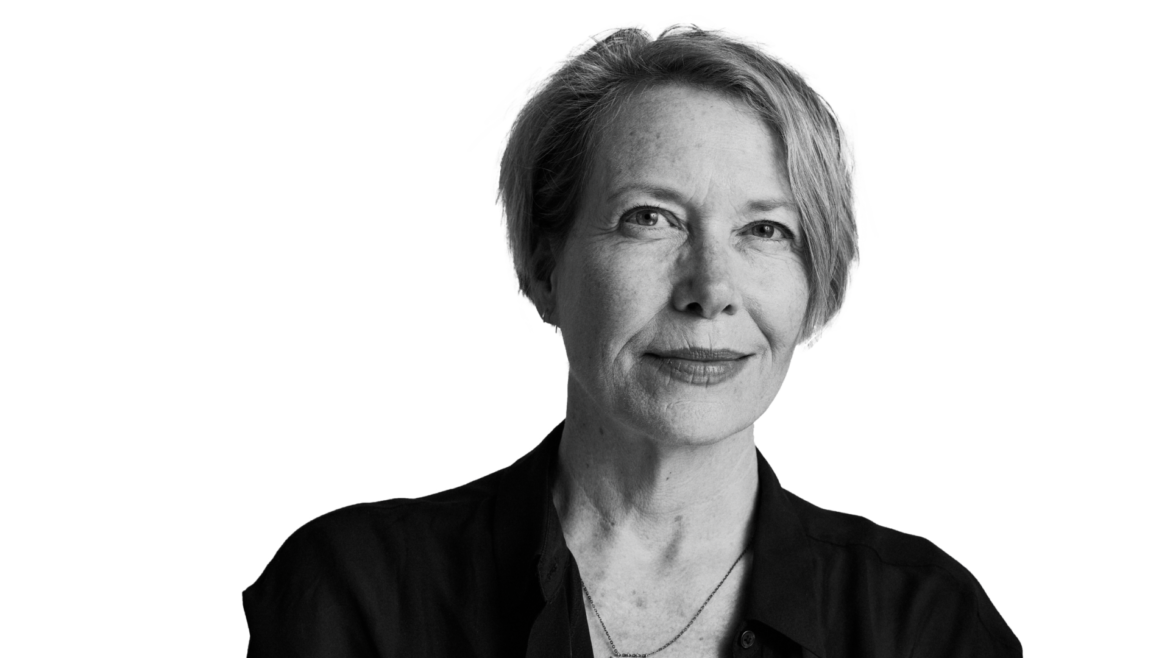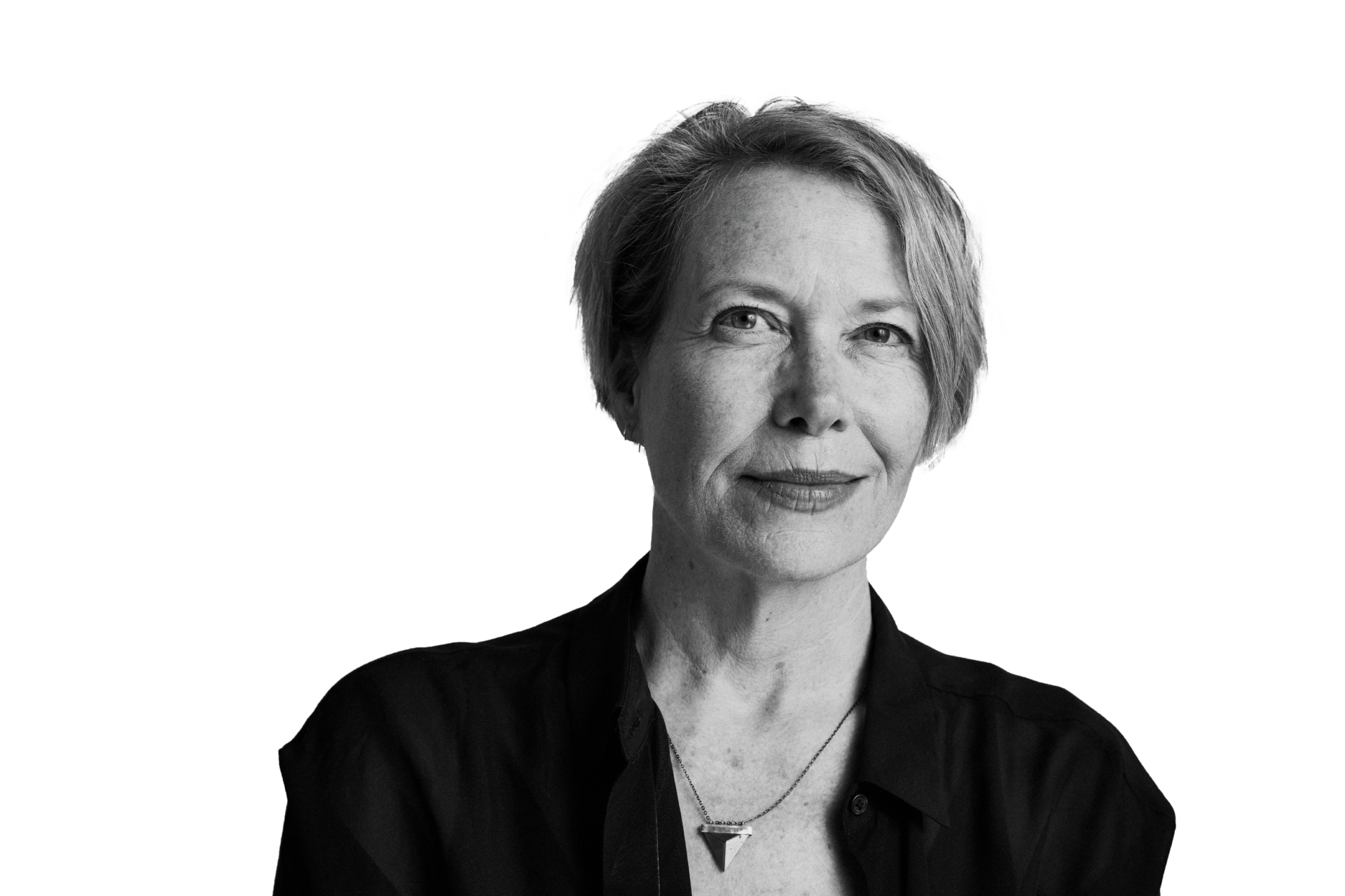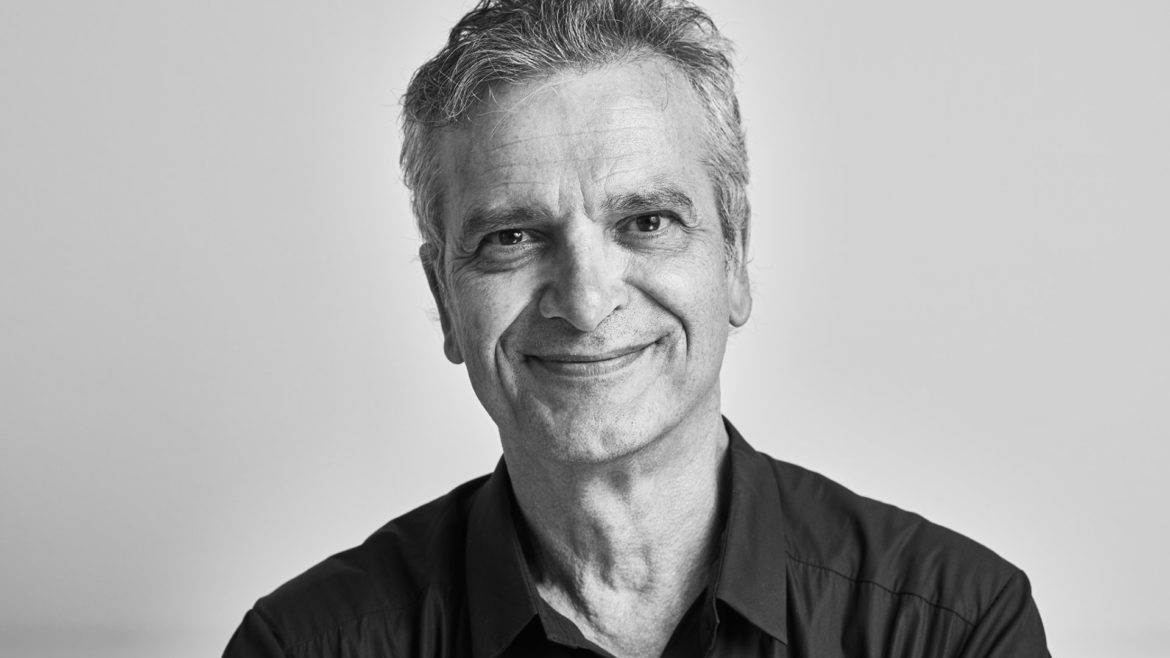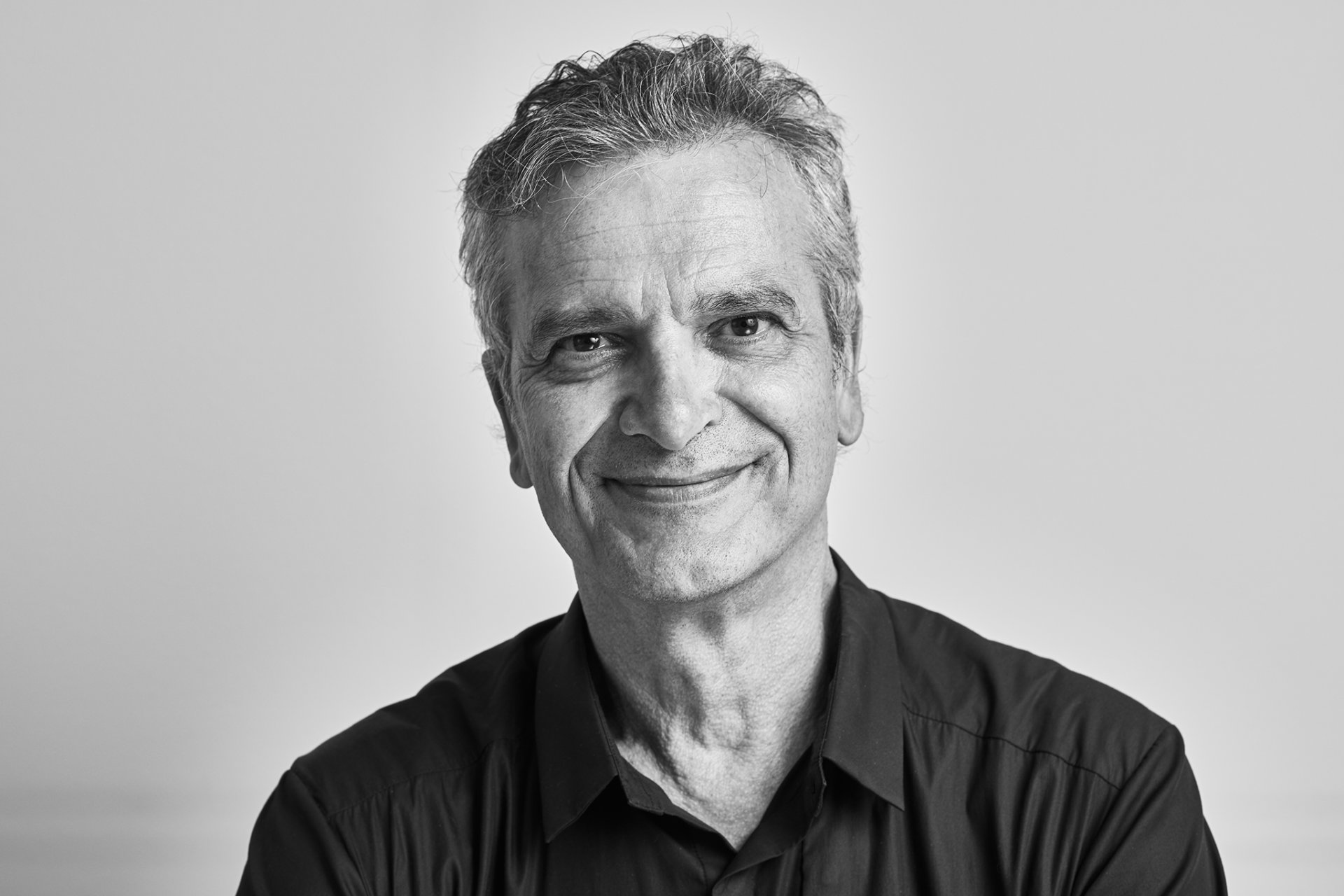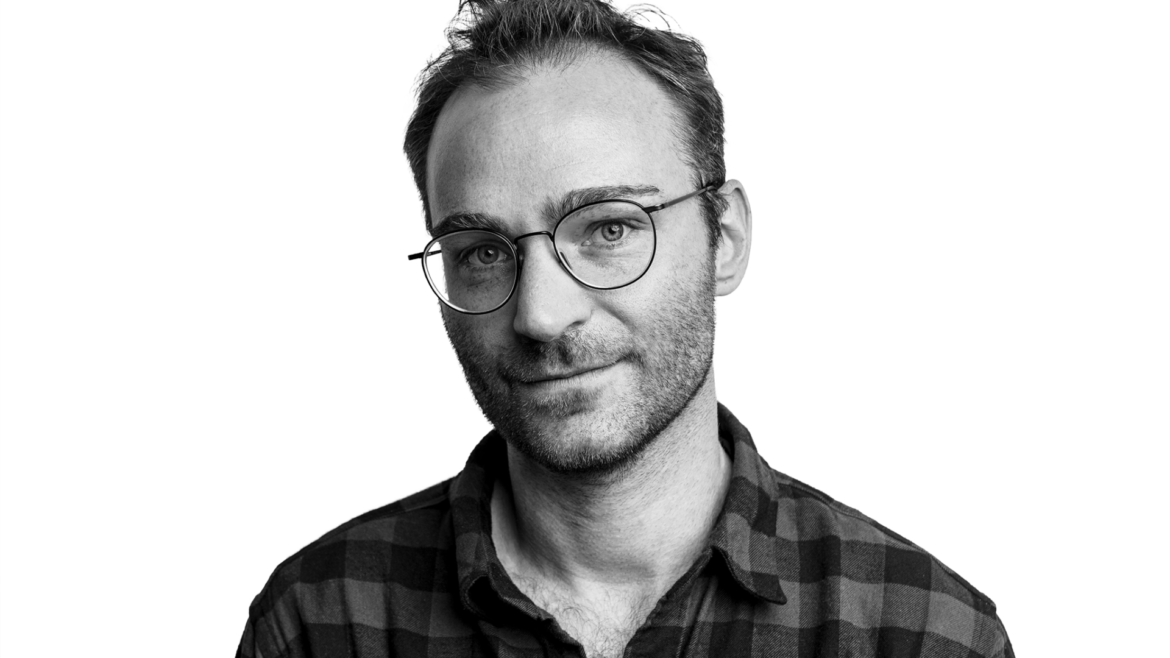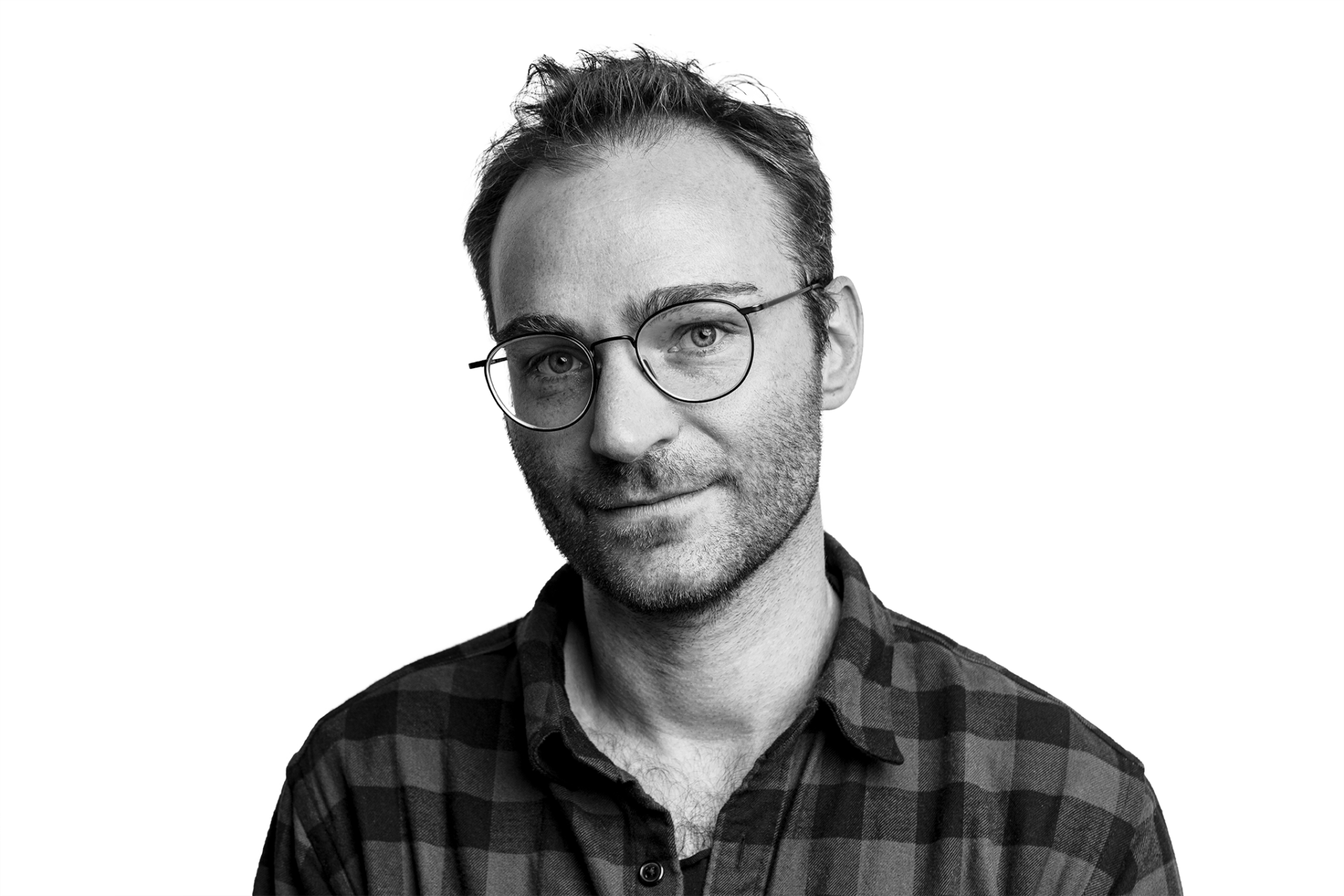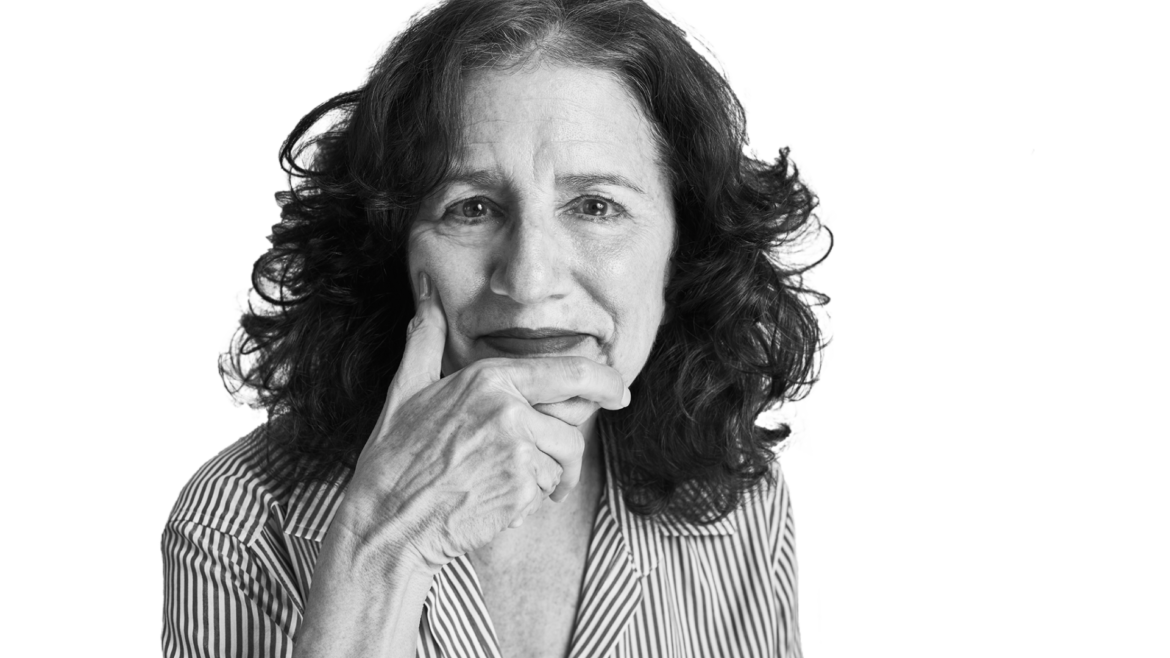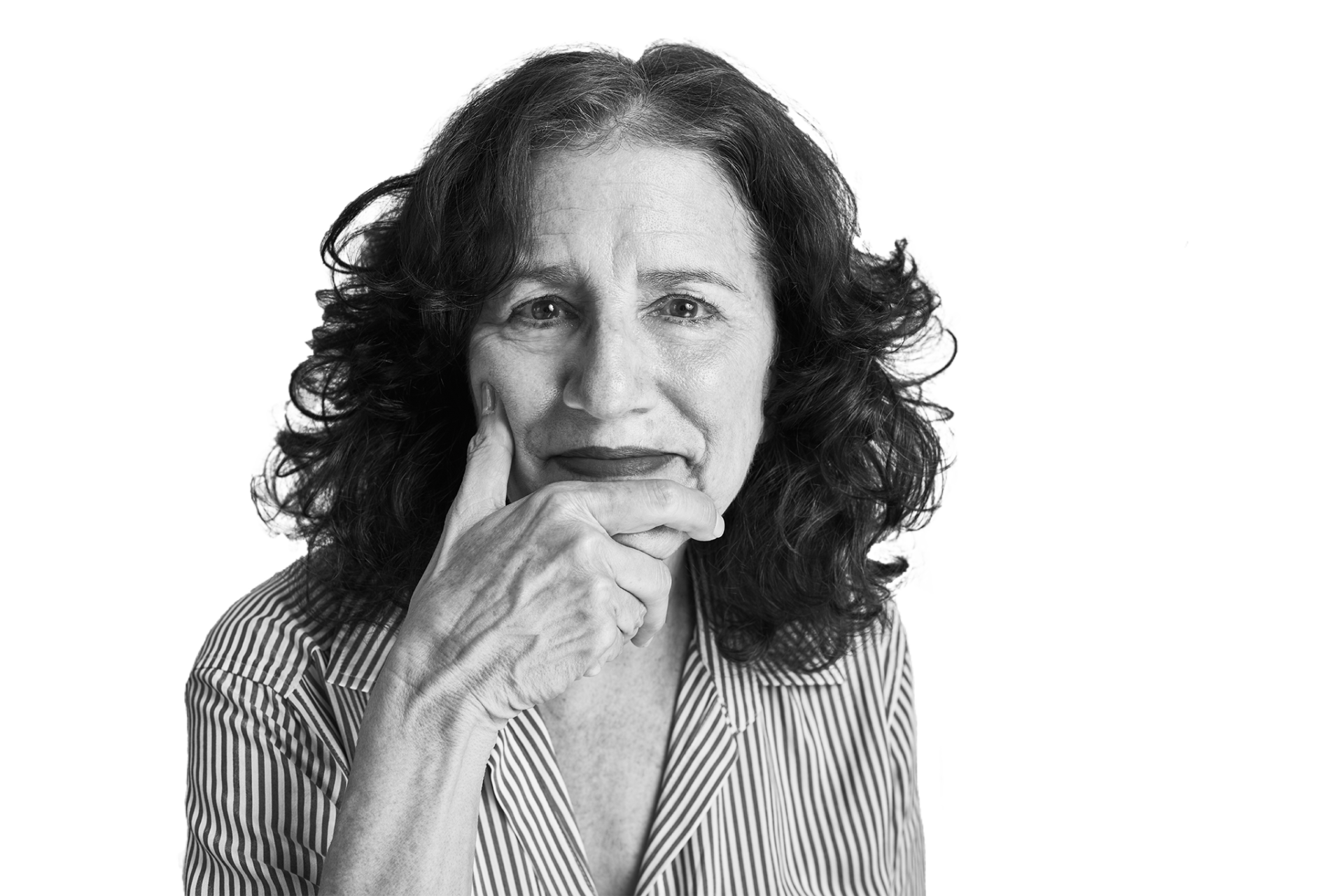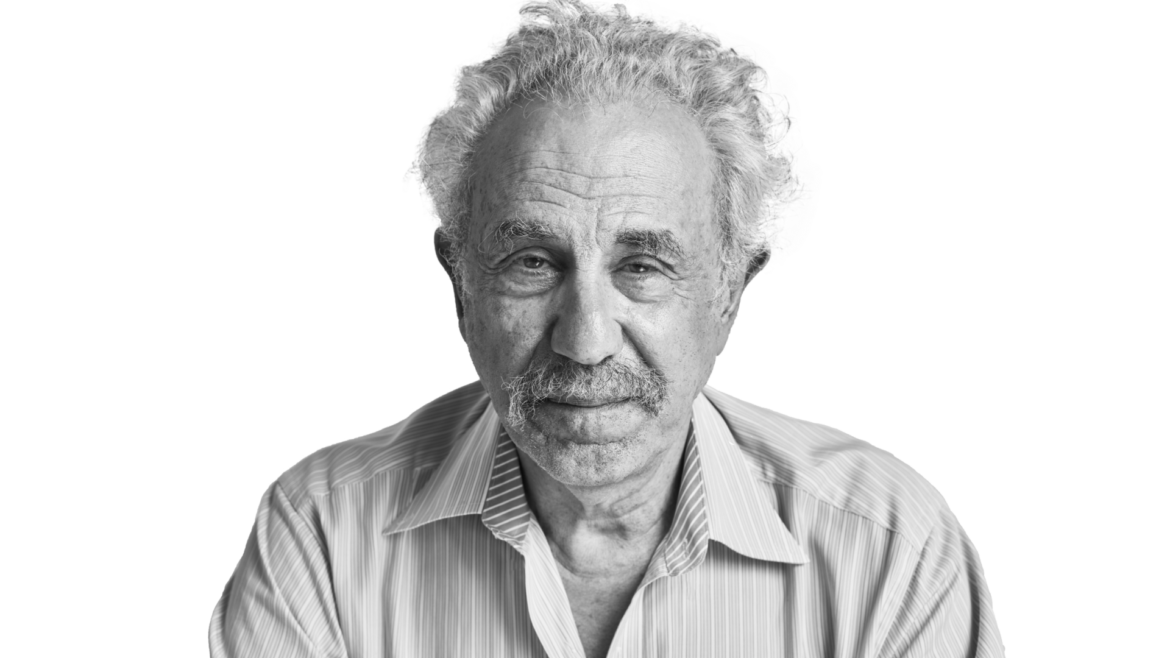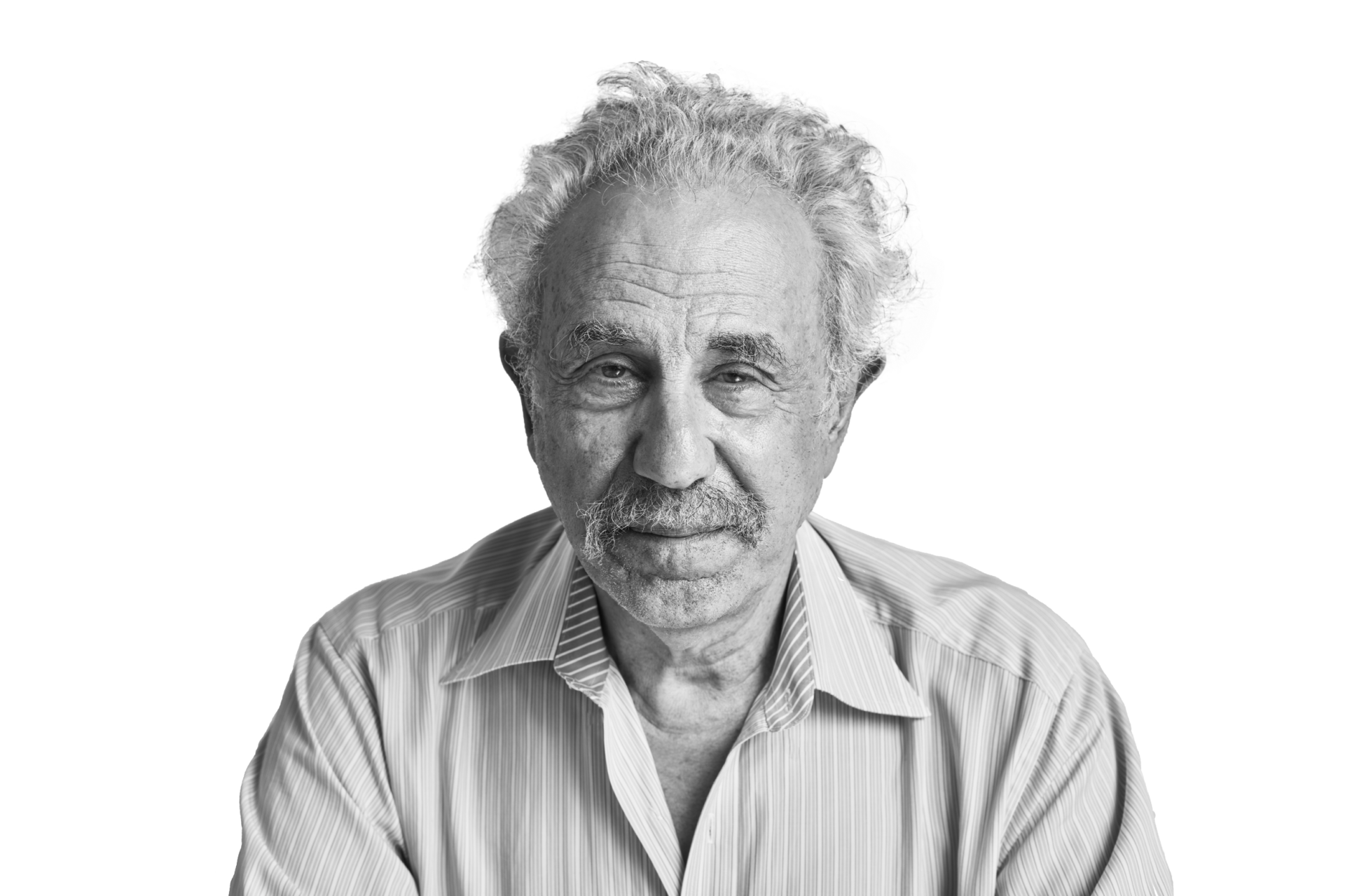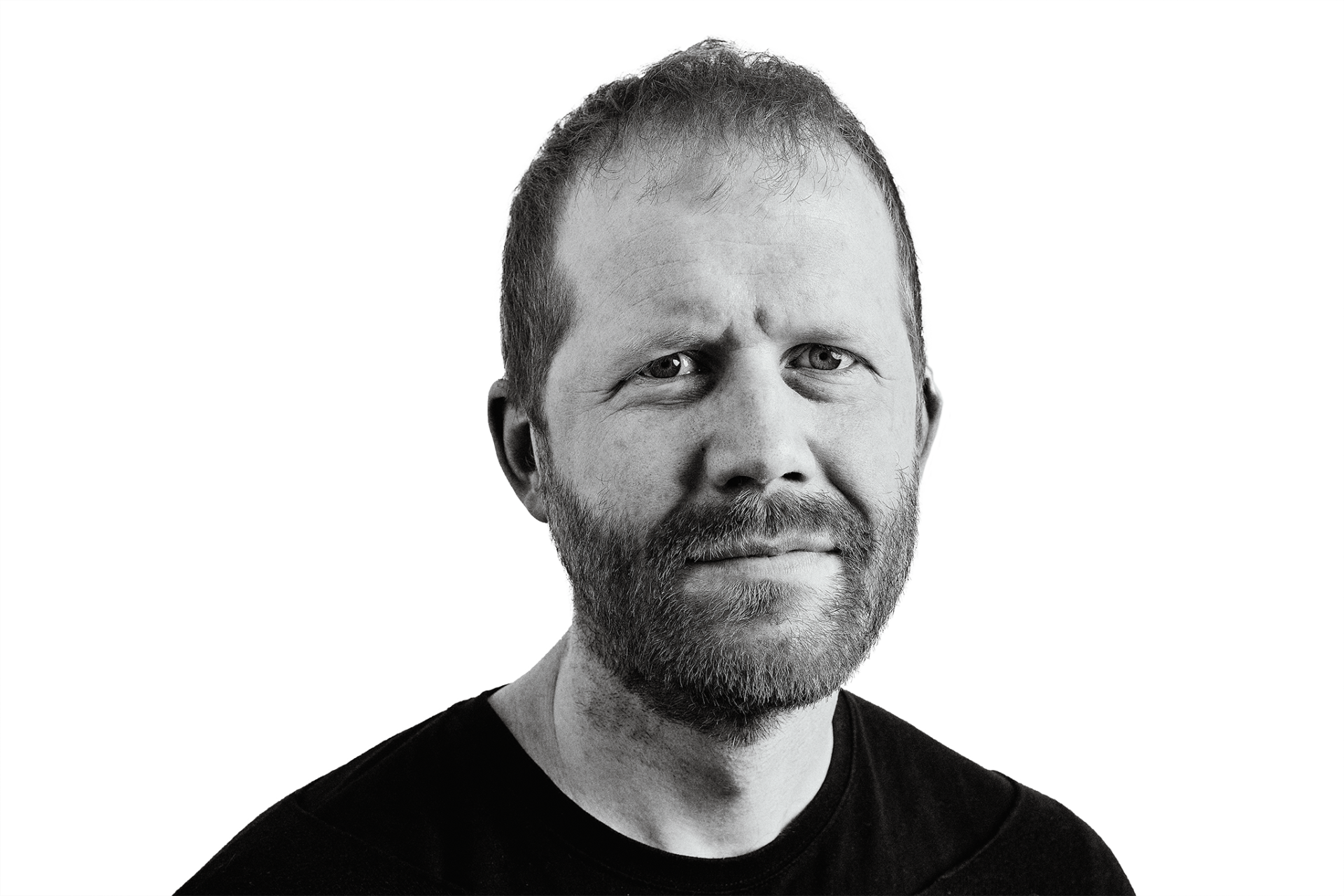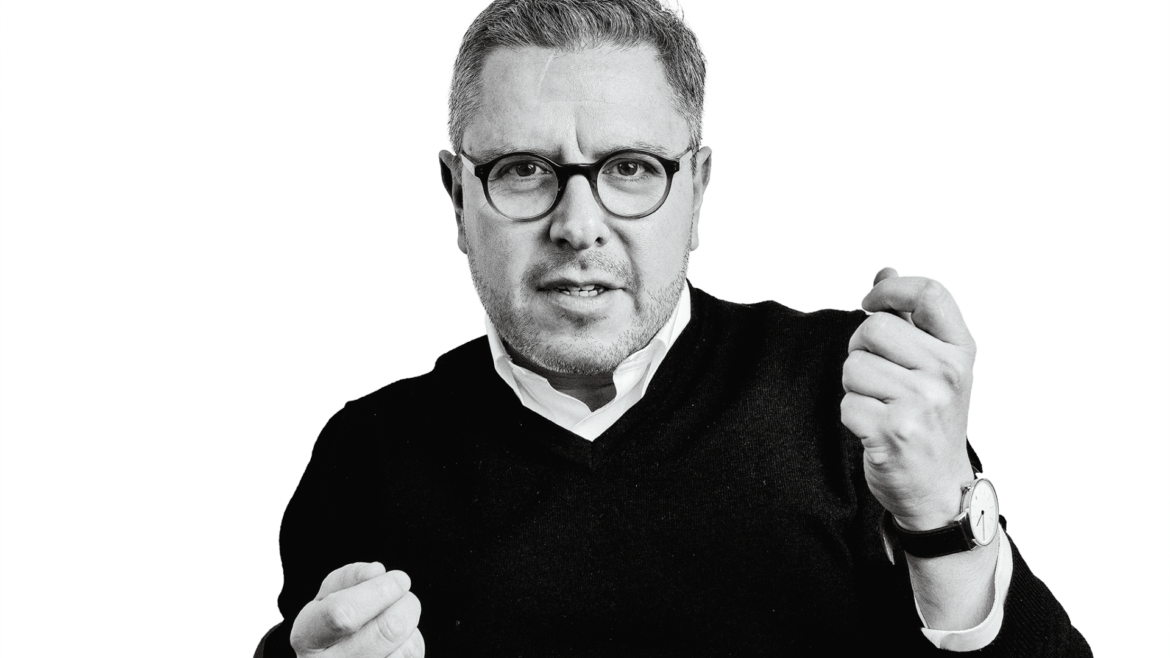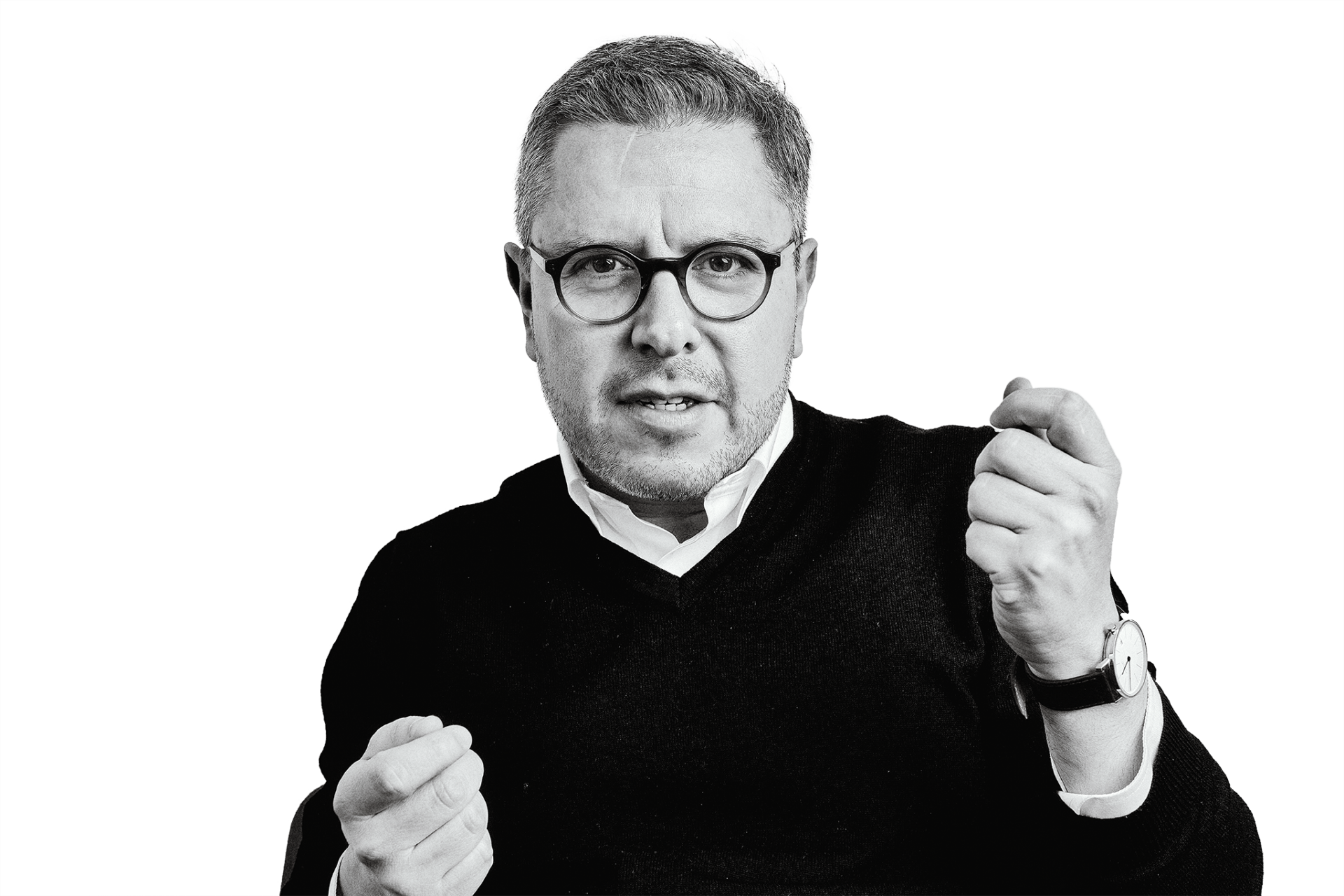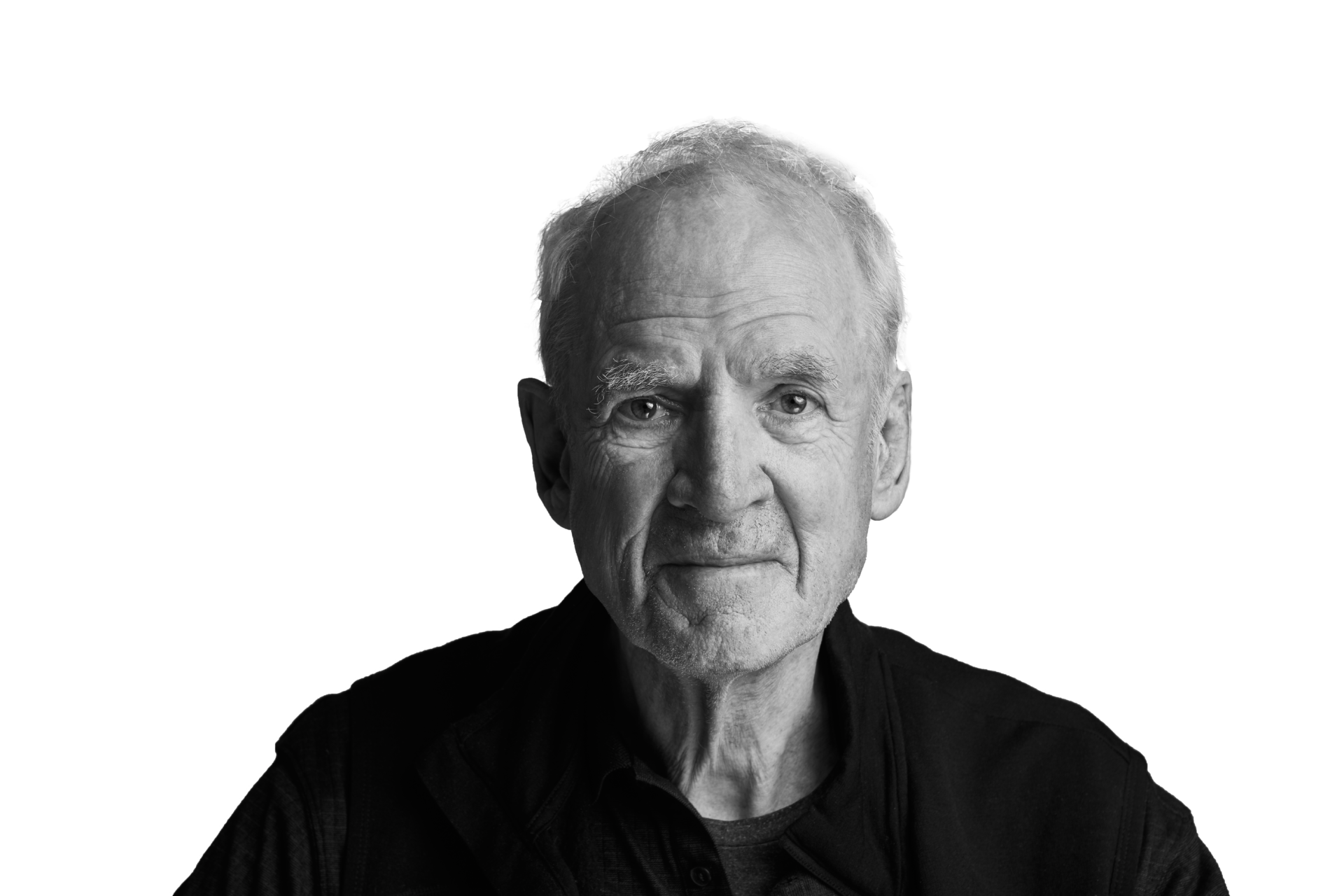Sabine Flick
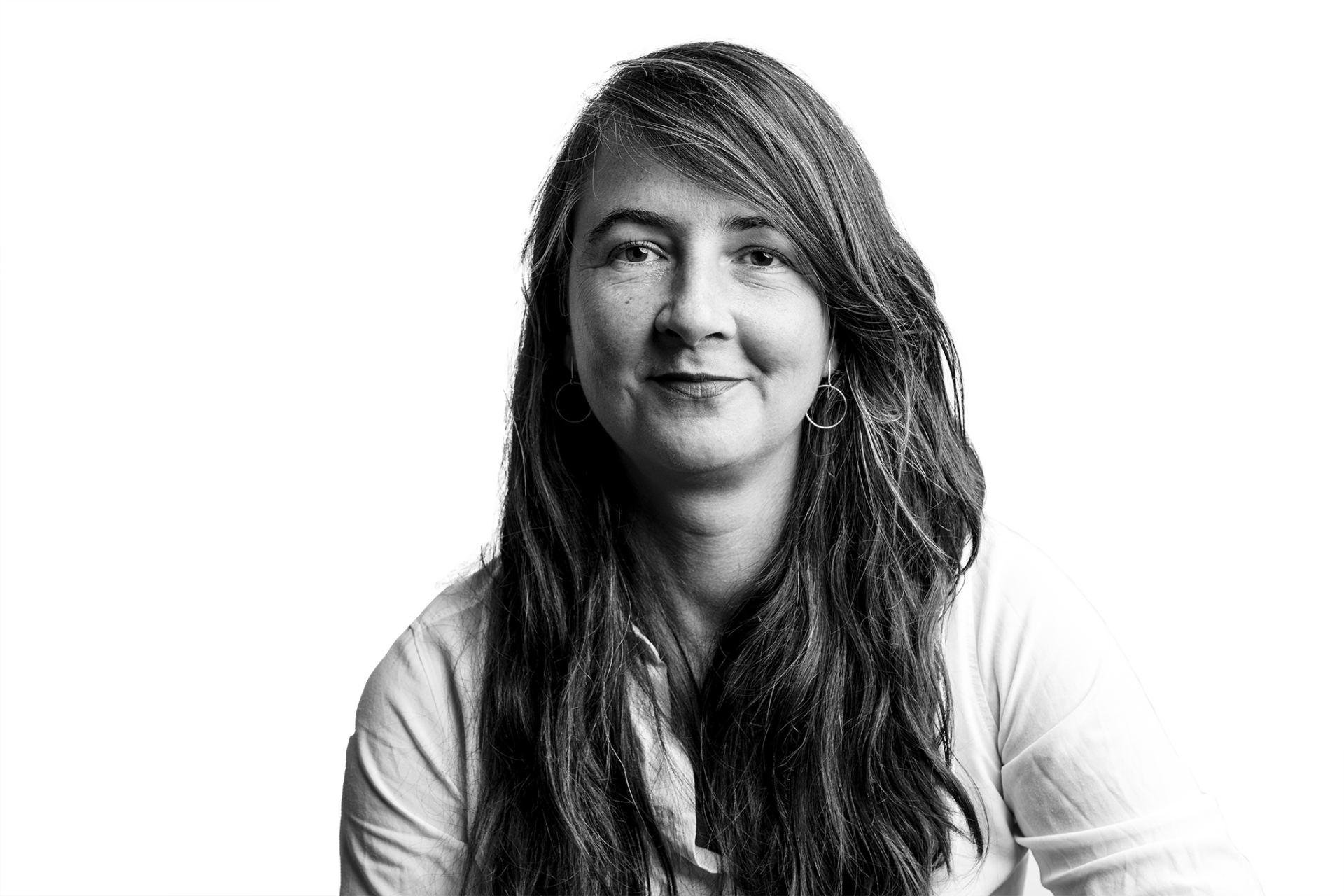
Fellow, Berlin Center
April – September 2020
E-Mail: s.flick@em.uni-frankfurt.de
Sabine Flick
Sabine Flick is professor for “Geschlecht und Sexualität in der Sozialen Arbeit” at the Fulda University of Applied Sciences. Her research assumes an interdisciplinary outlook, crossing over the fields of social theory and critical theory, medical sociology, the sociology of the professions and questions of normativity and critique in empirical research. 2020 she completed her habilitation on the topic “On the Biographization of Social Suffering – Psychotherapeutic Practice in the Working Society”. Her work has been published in international journals such as Social Science and Medicine, Distinktion. Journal of Social Theory or the European Journal for Social Theory.
During her stay in Berlin she worked on social suffering as psychic crises and the increasing dethematization of the social in mental health institutions and professions. Her interest focuses on how a Critical Theory of Social Suffering can be accompanied with adequate empirical sociological research methods. While in Berlin and during the start of the COVID-19 Pandemic she prepared an empirical research project reflecting on the economic crisis associated with the COVID-19 pandemic that will likely increase the depth and breadth of precarious and highly demanding work. Here is a preprint of this work on „Work-related suffering as Social Suffering“. She also wrote a paper during her stay at the Center on the „Biographization of Social Suffering“ which is published with the Journal „Westend. Neue Zeitschrift für Sozialforschung“ in Fall 2020.

